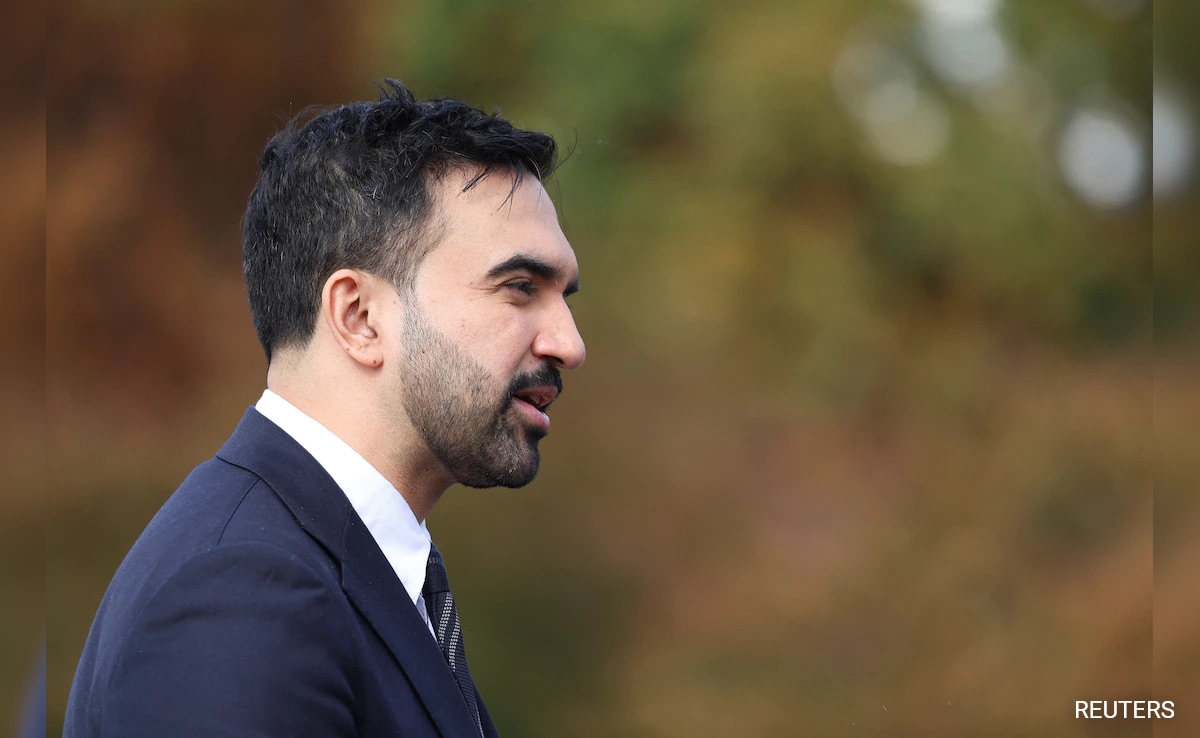âNo one will tell us what our laws should be,â said the former justice minister, who now heads prisons.
Now in his 60s, Turabi ran the Talibanâs ministry of vice and virtue during its last term from 1996, until the U.S. launched its longest war in 2001.
At the time, that departmentâs morality police enforced its severe version of Islamic criminal law â banning cassette tapes and patrolling the streets to restrict women from going out.
When the Taliban marched back into power last month, just as U.S. forces left after 20 years of conflict, the Islamist movement formed an all-male cabinet and revived the ministry.
Its comeback only added to questions about the Talibanâs assurances that it has changed. Like world powers, many Afghans are watching and waiting warily as the militants promise more tolerance, all the while showing signs that intimidation will remain central to their control.
A Taliban spokesman did not immediately respond to questions from The Washington Post about whether the group plans a return to sentences such as amputating the hands of thieves.
In Turabiâs last tenure, he had a reputation for enforcing Taliban decrees strictly, personally beating those with beards that were too short, or wearing insufficiently modest clothing. A deputy to the Talibanâs founding supreme leader, he lost an eye and a leg in past fighting with Soviet forces. He is under U.N. sanctions, as are some ministers from the interim government.
Even as he spoke of the benefits of public amputations to ward off crime, the official said this was not the same Taliban the world knew before. This time, he said, judges who arbitrate cases may include women.
The new administration will allow TVs, cellphones and media, according to Turabi â who spoke to a female journalist in Kabul in Thursdayâs interview.
âThis is the necessity of the people, and we are serious about it,â he told the AP. âNow we know instead of reaching just hundreds, we can reach millions.â
Haq Nawaz Khan contributed to this report.
.png)











 English (United States) ·
English (United States) ·  Turkish (Turkey) ·
Turkish (Turkey) ·